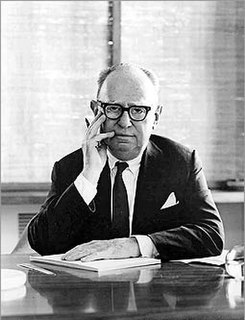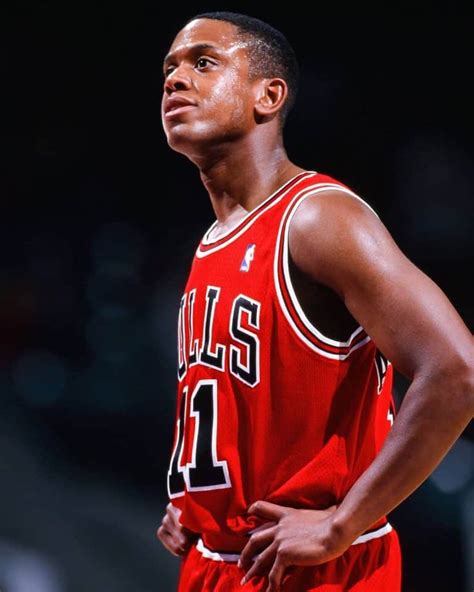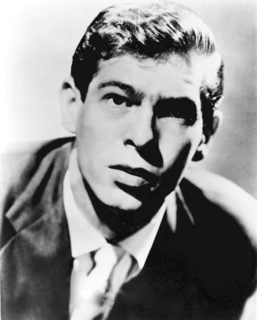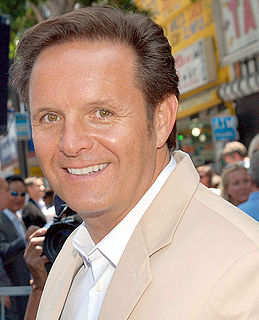A Quote by Leo Burnett
I am often asked how I got into the business. I didn't. The business got into me.
Related Quotes
The music business for me was never about buses and billboards you know, that was never the reason I got into the music business. The reason I wanted to get into the music business was because I genuinely, wholeheartedly love to sing. I love singing songs and telling stories and playing music, so that's why I got into the music business.
I wanted to learn how the business worked. I wanted to see how people got drafted, how players got traded, how they got picked up in free agency, how the salary cap worked, how do you manage an organization, how do you negotiate contracts. The Bulls gave me an excellent opportunity to answer all the questions that I wanted to ask.
So some guy may know how to make money in cocoa beans, but I don't so I just let him have that. But it's got to be something I understand. It's got to be a business with fundamentally good economics. It's got to be a management that I like and trust and admire. And it's got to be a price that makes sense.
But I sent letters to people in the music business. And one day I got a phone call from somebody and he asked me when I was born and where I was born. And, you know, three or four days later I got a call. Someone said, you know, Yoko Ono wanted to meet me in New York. I got on a plane. And the next day I was having coffee with John Lennon.
There is a terrible thing that's been happening probably for the last 20 years or so and it's called the music business. And music isn't really business; it's work and you got to pay and you've got to buy your guitar or go into the studio. So there is a business side but when people say, "I'm going into the music business," it's not. It's about expression. It's about creativity. You don't join music, in my mind, to make money. You join it because it's in you; it's in your blood stream.
































